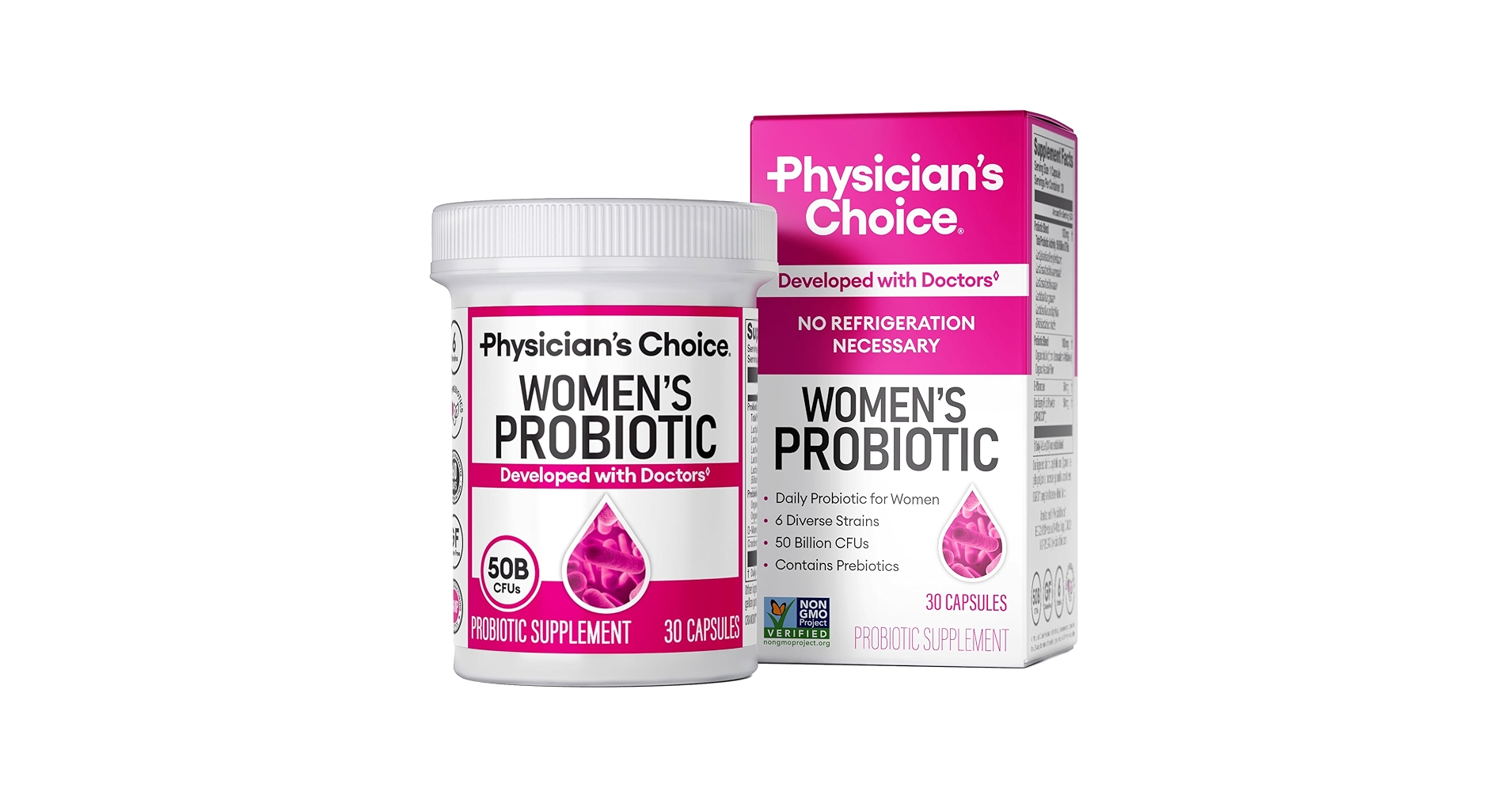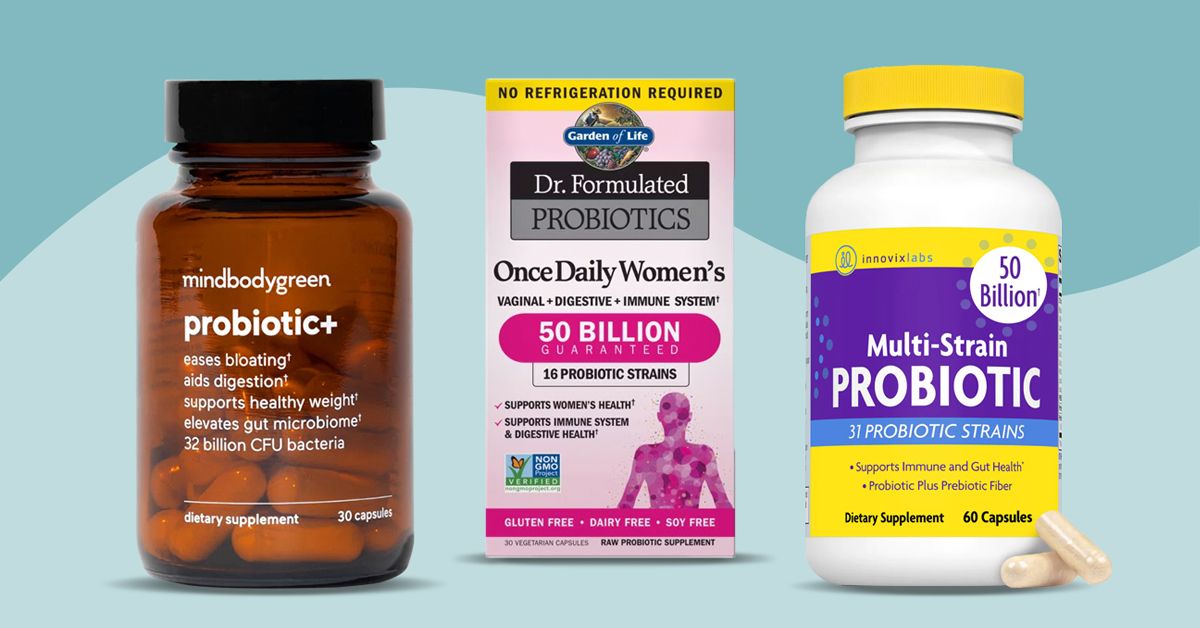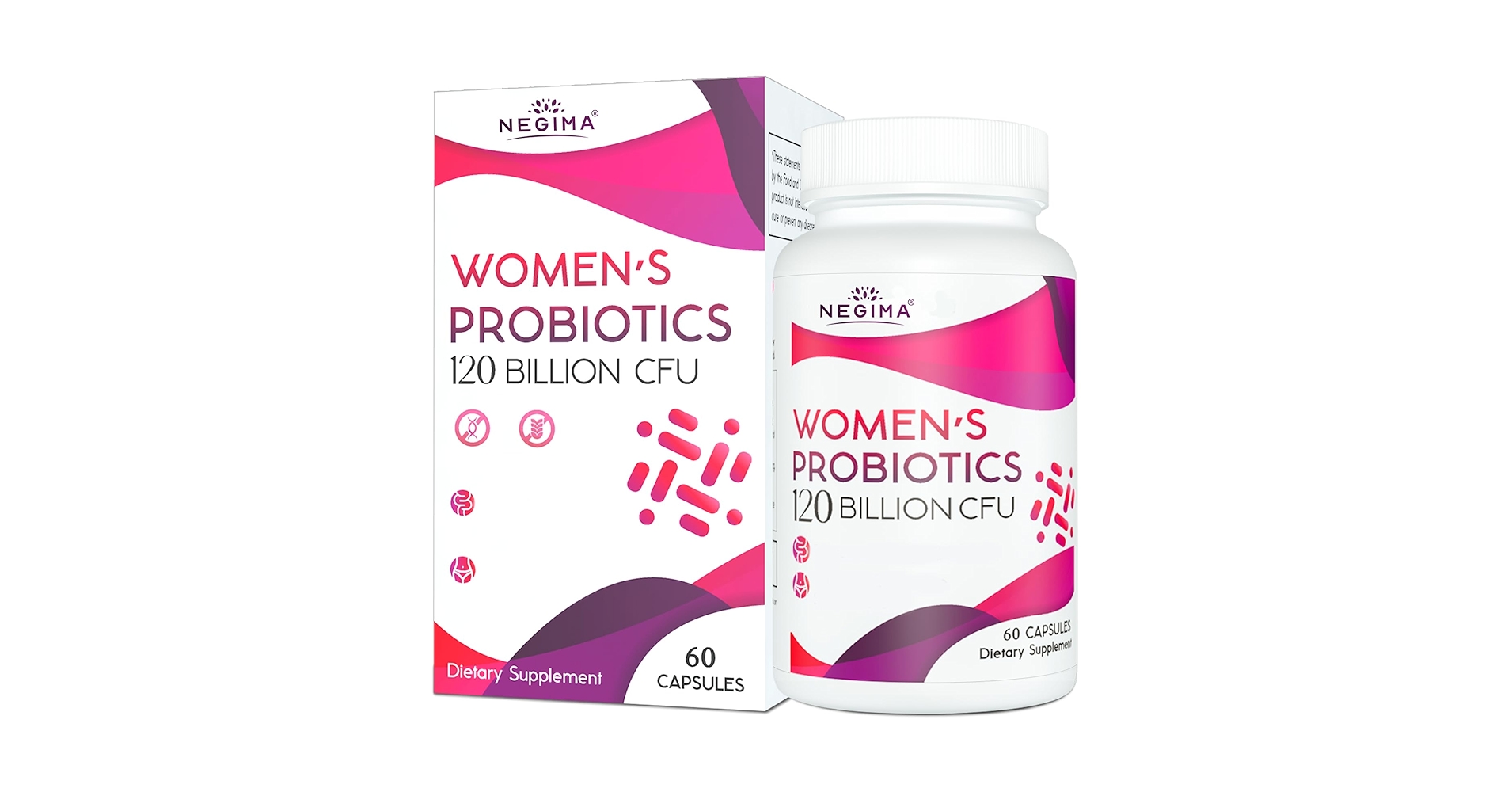Maintaining optimal health is a priority for many women. From balancing hormones to supporting digestion and boosting immunity, the gut microbiome plays a crucial role in overall wellness. This is where probiotics come in—they’re live microorganisms that can provide health benefits when consumed in adequate amounts. But with so many options on the market, figuring out the best probiotic for women can feel overwhelming. Whether you’re dealing with digestive issues, vaginal health concerns, or simply aiming for better balance, selecting the right one requires understanding key factors like strains, dosage, and quality.
Probiotics are essentially “good” bacteria that help restore and maintain the natural balance of microorganisms in your body, particularly in the gut and vaginal areas. For women, this balance is especially important due to unique physiological needs, such as fluctuating hormones during menstrual cycles, pregnancy, or menopause. Research shows that a disrupted microbiome can lead to issues like bloating, yeast infections, urinary tract infections (UTIs), and even mood swings. By incorporating the best probiotic for women into your routine, you can support not just gut health but also broader aspects of wellness, including skin clarity and energy levels.
Understanding Probiotics and Their Role in Women’s Health
Probiotics aren’t a one-size-fits-all solution. They consist of various strains of bacteria and yeast, each offering specific benefits. Common genera include Lactobacillus and Bifidobacterium, which are particularly beneficial for women. Lactobacillus strains, for instance, are dominant in the vaginal microbiome and help maintain an acidic environment that wards off harmful pathogens. Bifidobacterium, on the other hand, thrives in the gut and aids in digestion and nutrient absorption.
Women face distinct health challenges that make choosing the best probiotic for women essential. During menstruation, hormonal shifts can alter gut motility, leading to constipation or diarrhea. Pregnancy increases the risk of gestational diabetes and digestive discomfort, while menopause often brings vaginal dryness and recurrent infections due to declining estrogen levels. Probiotics can help mitigate these by promoting a healthy microbiome. For example, studies indicate that certain Lactobacillus strains reduce the incidence of bacterial vaginosis and UTIs, common issues for women.
Beyond reproductive health, probiotics support immune function—about 70% of the immune system resides in the gut. For women juggling careers, family, and self-care, a robust immune response means fewer sick days and more vitality. They may also influence mental health through the gut-brain axis, potentially alleviating anxiety or depression symptoms that disproportionately affect women.
To visualize some popular options, here’s an example of probiotic supplements tailored for women’s needs:

Key Benefits of Probiotics for Women’s Wellness
The benefits of finding the best probiotic for women extend far beyond basic digestion. Let’s dive into the specifics:
- Gut Health and Digestion: Many women experience irritable bowel syndrome (IBS) or bloating, often exacerbated by stress or diet. Probiotics like Bifidobacterium lactis can improve bowel regularity and reduce inflammation in the gut lining. Regular intake may lead to fewer episodes of discomfort, allowing for better nutrient uptake from food.
- Vaginal and Urinary Health: The vaginal microbiome is sensitive to changes in pH, antibiotics, or even hygiene products. Strains such as Lactobacillus rhamnosus and Lactobacillus reuteri are known to restore balance, preventing overgrowth of yeast or bacteria. This is particularly helpful for women prone to recurrent infections, as probiotics can act as a natural defense mechanism.
- Hormonal Balance and Menopause Support: Hormones like estrogen influence the microbiome, and vice versa. During menopause, declining estrogen can disrupt microbial diversity, leading to weight gain or hot flashes. Probiotics with phytoestrogens or specific strains may help modulate these effects, promoting metabolic health and reducing symptoms.
- Immune and Skin Benefits: A balanced gut can enhance immune responses, crucial for women who may have autoimmune conditions like thyroid issues. Additionally, probiotics can improve skin conditions such as acne or eczema by reducing systemic inflammation.
- Weight Management and Energy: Some strains aid in breaking down fibers into short-chain fatty acids, which support metabolism. For women aiming for wellness, this can mean better weight control and sustained energy throughout the day.
Incorporating probiotic-rich foods like yogurt, kefir, sauerkraut, and kimchi can complement supplements, providing a natural source of these beneficial microbes.
How to Choose the Best Probiotic for Women
Selecting the best probiotic for women involves more than picking the first bottle off the shelf. Here’s a step-by-step guide:
- Identify Your Needs: Start by pinpointing your primary concern—gut issues, vaginal health, or general wellness? For vaginal support, look for Lactobacillus-dominant formulas. For digestion, Bifidobacterium blends are ideal. Consult a healthcare provider if you have specific conditions like IBS or are pregnant.
- Check the Strains: Not all probiotics are created equal. Opt for products listing specific strains (e.g., Lactobacillus acidophilus) rather than vague “probiotic blend.” Research-backed strains ensure efficacy. For women, strains like L. reuteri RC-14 and L. rhamnosus GR-1 are clinically proven for vaginal health.
- Colony-Forming Units (CFUs): Aim for at least 1-10 billion CFUs per dose. Higher isn’t always better—quality matters more. Ensure the product guarantees live cultures through the expiration date, and consider refrigerated options for potency.
- Quality and Safety: Choose third-party tested products to avoid contaminants. Look for USP verification or NSF certification. Avoid unnecessary fillers, and if you’re vegan, check for animal-derived capsules. Also, consider prebiotics (like inulin) that feed the probiotics for better results.
- Form and Convenience: Capsules, powders, or gummies? Pick what’s easy to incorporate. For targeted vaginal health, suppositories might be more effective than oral supplements.
- Read Reviews and Research: Check recent studies or guides from reputable sources. In 2025, emerging research highlights multi-strain formulas for comprehensive benefits.
To illustrate the variety available, consider this image of weight loss-focused probiotics, which often overlap with women’s wellness needs:

Potential pitfalls include choosing low-quality brands or ignoring interactions with medications like antibiotics, which can kill off good bacteria. Always start with a lower dose to monitor tolerance.
Top Recommendations for 2025
Based on current trends, some standout options include:
- Physician’s Choice Women’s Probiotic: With 50 billion CFUs and cranberry extract for UTI prevention.
- Garden of Life Raw Probiotics for Women: Features 85 billion CFUs and organic fruits/veggies for added nutrition.
- Renew Life Women’s Care: Targeted for vaginal pH balance with 25 billion CFUs.
These align with expert picks for efficacy.
Here’s another visual of advanced formulas:
Conclusion
Choosing the best probiotic for women is about aligning the product with your unique wellness goals. By focusing on strains, quality, and personal needs, you can achieve better balance and vitality. Remember, probiotics work best alongside a healthy diet and lifestyle—consult a doctor for personalized advice.
(Word count: approximately 1050)
FAQ
Q1: What is the best probiotic for women to take daily? A: It depends on your needs, but a multi-strain formula with at least 5-10 billion CFUs of Lactobacillus and Bifidobacterium is a solid starting point for general wellness.
Q2: Can probiotics help with vaginal infections? A: Yes, strains like L. rhamnosus and L. reuteri have been shown to prevent and treat bacterial vaginosis and yeast infections by restoring pH balance.
Q3: Are there side effects to taking probiotics? A: Mild digestive upset like gas or bloating can occur initially, but it usually subsides. If you have a weakened immune system, consult a doctor first.
Q4: How long does it take for probiotics to work? A: Benefits can appear in a few days for digestion, but full effects on balance may take 2-4 weeks of consistent use.
Q5: Should I take probiotics with food? A: Yes, taking them with a meal can improve survival through stomach acid.
Links
- Wikipedia on Probiotics: https://en.wikipedia.org/wiki/Probiotic
- Wikipedia on Prebiotics: https://en.wikipedia.org/wiki/Prebiotic_(nutrition)
- Medium Article – Probiotics: The Ultimate Guide (2024): https://medium.com/@jasonpshea/probiotics-the-ultimate-guide-2024-benefits-brands-and-more-00ce2671a251
- Medium Article – Best Probiotics for Gut Health: https://medium.com/@anatoli.georgievgradinarov/best-probiotics-for-gut-health-8b42517d42a0



Comments are closed.